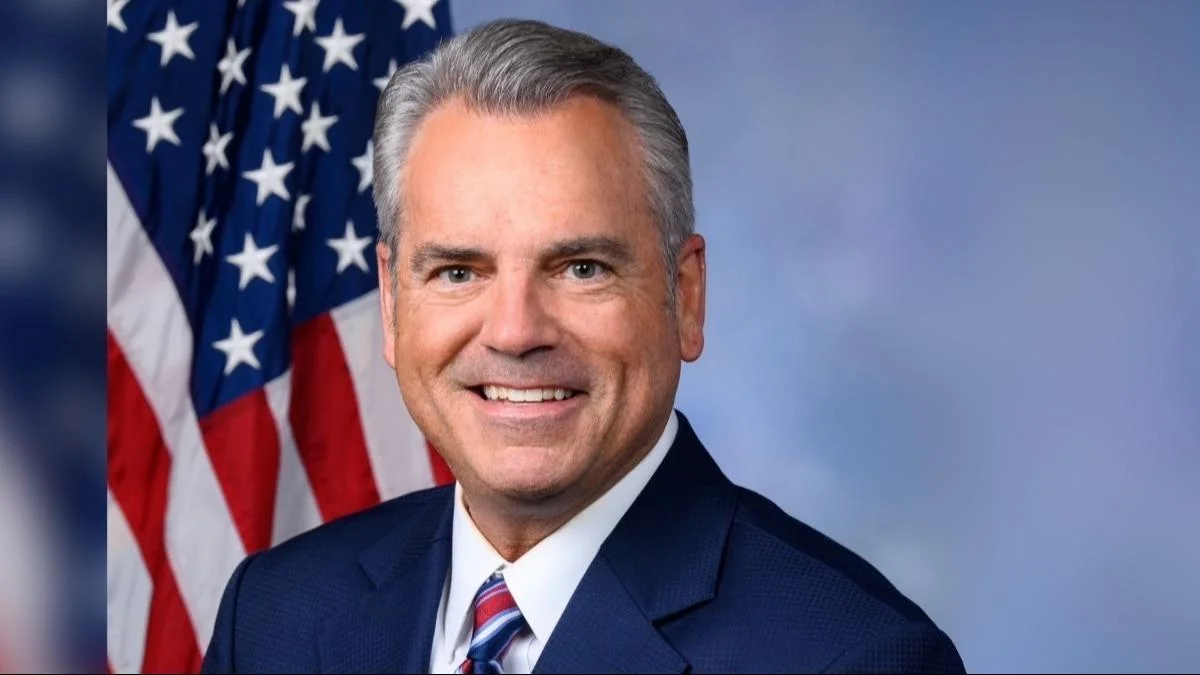Rep. Mark Alford, U.S. Representative for Missouri's 4th District | Congressman Mark Alford Official website
Rep. Mark Alford, U.S. Representative for Missouri's 4th District | Congressman Mark Alford Official website
A coalition within the agriculture sector has rallied behind Missouri Congressman Mark Alford's initiative to shield the Make America Healthy Again (MAHA) Commission from what they describe as the undue influence of radical climate activists. Congressman Alford, along with Congressman Randy Feenstra and Senators Pete Ricketts and Deb Fischer, addressed a letter to Agriculture Secretary Brooke Rollins, Health and Human Services Secretary Robert F. Kennedy, and Environmental Protection Agency Administrator Lee Zeldin. The correspondence urges the Commission to base its policies on sound science and risk-based analysis, particularly when it comes to crop protection tools and food-grade ingredients.
The Missouri Corn Growers Association stated the importance of access to sustainable and economically feasible crop protection resources for farmers. They stressed the need for the MAHA Commission to follow transparent and science-driven decision-making processes.
Garrett Hawkins, President of the Missouri Farm Bureau, echoed the necessity of science-based decision-making and lauded Congressman Alford and colleagues for highlighting these issues.
Caleb Ragland, President of the American Soybean Association, emphasized the significance of grounding public policy in credible science to prevent activist groups from unduly influencing the Commission's work.
John Bode, President and CEO of the Corn Refiners Association, expressed gratitude for the congressional efforts, stressing adherence to President Trump's regulatory approach while focusing on addressing obesity and related diseases through scientific methods.
The National Corn Growers Association also highlighted the essential nature of pesticides in agriculture, supporting the members of Congress who advocate for science-based regulations.
Devin Mogler, President and CEO of the National Oilseed Processors Association, noted the contribution of their industry to American agriculture and supported the congressional move to ensure the sustainability of seed oil production.
The International Fresh Produce Association voiced support for science-based policy-making to ensure continued delivery of a safe and affordable food supply while encouraging innovation in crop protection and pest management.
Additionally, the U.S. Canola Association and AmericanHort aligned with the call for science-driven decisions, expressing concerns over potential threats to agriculture without access to safe, effective inputs.
Representatives from these organizations agree that maintaining the integrity of the MAHA Commission's science-based methodologies is crucial not only for health outcomes but also for the future of U.S. agriculture.



 Alerts Sign-up
Alerts Sign-up